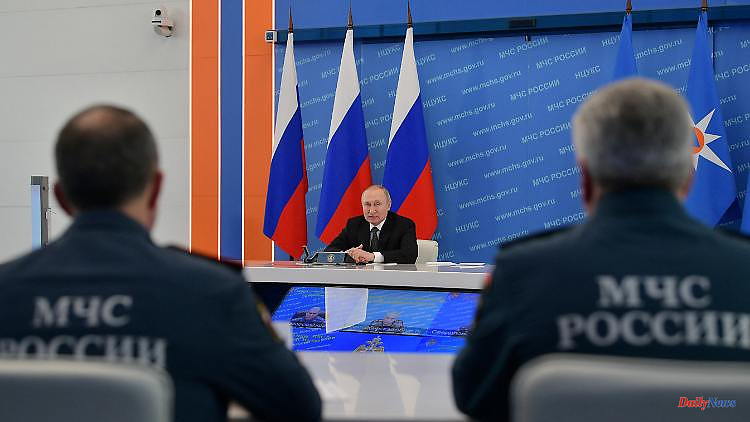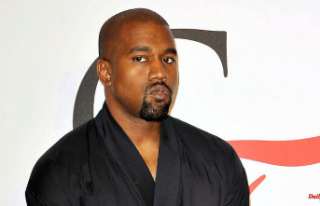The sanctions against Russia are causing prices to rise drastically there. To counteract this, President Putin is raising pensions and minimum wages. According to a report by a Russian bank, however, this will not slow down the country's increasing poverty.
Russia's President Vladimir Putin has ordered a ten percent increase in pensions and minimum wages in the fight against the weakening economy in the wake of Western sanctions. The head of state was reacting to inflation, which rose to 18 percent last month. Putin acknowledged that 2022 would be a difficult year for the Russian economy. "When I say difficult, it doesn't mean that all these difficulties are related to the special military operation," he said in a televised speech to the State Council. Putin describes the war in Ukraine as a "special military operation".
The President tried to put the causes of the rise in prices into perspective: "Because in countries that do not conduct operations - say, overseas, in North America, in Europe - inflation is comparable and, if you look at the structure of their economies, even higher than ours." Putin failed to mention that rising inflation in the West is partly a direct result of Russia's war in Ukraine, which has pushed up energy and food prices around the world.
In Russia, too, prices have skyrocketed due to a whole chain of sanctions imposed by the West. Foreign companies have shed their involvement in Russia en masse. The research and appraisal institute of the VEB-Bank stated that the increase in social benefits will slow down the decline in real incomes, wages and pensions, but will not prevent them. Even with a 10 percent increase in the minimum wage and pensions, the VEB expects Russians' real disposable income to fall by 7.5 percent this year and real wages by nearly 6 percent.
The Institute assumes that poverty will increase by almost 13 percent. Finance Minister Anton Siluanov said the measures would cost the state budget around 600 billion rubles this year and around 1 trillion rubles in 2023. An unscheduled central bank meeting is scheduled for Thursday. Analysts expect it to cut interest rates from 14 percent back to 9.5 percent, where they were before the invasion of Ukraine.












